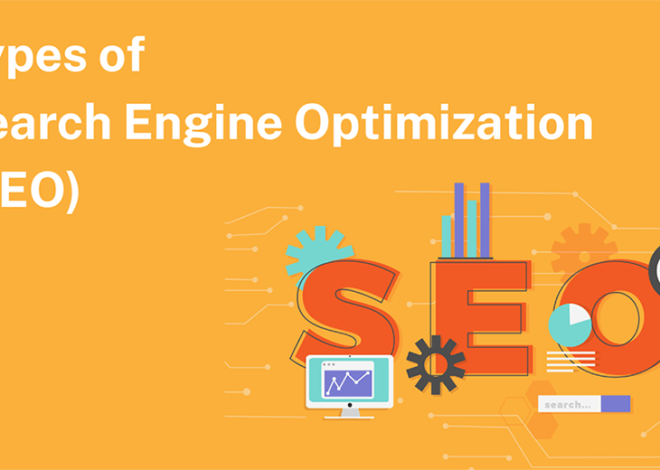
7 Tips to increase your website search traffic in 2024!
1. Recognize your keywords
Without knowing the terms your target market uses to look for solutions to the issues your business is solving, you are limited in what you can accomplish. A little investigation is needed for this. Put yourself in the position of a prospective consumer of your good or service. How would you approach solving your issue? What would you use your search engine to look for? For instance, if you sell organic dog food, your prospective client is most likely worried about the wellbeing of their pet. She may be concerned about the chemicals and byproducts in most dog diets because her dog may have food allergies. Get looking. Which pages open? Examine the vocabulary in these excerpts.
2. Write High-Quality Content
Here, it’s important to apply your marketing knowledge to produce interesting content that appeals to your target audience for website search traffic. Content that clarifies issues, provides actionable insights, and trains readers to improve their skills is considered valuable. Make sure the excellent content you produce includes a natural use of the relevant keywords. Avoid trying to manipulate search engine rankings by stuffing your sites with keywords (i.e., using the same keywords repeatedly in your text, meta tags, alt descriptions, etc.). It can even lower your search ranking, therefore it won’t help.
3. Add keywords to the URL of your website.
Your site URLs are crucial to your SEO for website search traffic, so make sure you don’t ignore them. This is where the study you did on keywords will be useful. For instance, the URL for the page should be products/solar financing if it discusses your solar financing product. Concentrate on the most popular and sought-after keywords. When choosing between “solar financing” and “solar leasing,” go with the result that has the highest search ranking.
There are numerous quick, simple, and cost-free methods for examining your search engine rankings. Using the Google AdWords Keyword Planner is one of them. To see how popular they have historically been in terms of search volume, just enter keywords.
4. Take note of page titles
Creating intriguing and memorable website titles is crucial. Ensure that they include your intended audience. If not, none of the fantastic content below will be read. I find that answering my visitors’ “What’s in it for me?” question helps me concentrate on the important details. Consider this: Why should they care and what advantage will the information on this page provide them with? When you’re done, make your title seductive, utilize powerful words, and shorten it (for fun, try using alliteration) for website search traffic. Ensure that your keyword appears in the headline (H1) and/or subheading (H2) while crafting these attention-grabbing headlines. Use the solar financing example from above to help you with your H1 statement. “Solar financing is easy.”
5. Look for more keyword placement on every page.
After producing high-quality content that appeals to your target audience and crafting an attention-grabbing headline that compels people to continue reading, go back and go over everything you’ve written. Look for more spots in your review where your keywords might come up organically website search traffic. Is it possible for me to add the keyword to the sentence? For instance, alter “Identify your best customers and drive more conversions” to “Marketing automation helps you identify your best customers and help you convert more” on a website on marketing automation. Additionally, think about creating key phrases by adding words before your keywords.
6. Enhance the user interface
A positive user experience extends beyond website content and is becoming more and more crucial for high search engine rankings. According to Robert Brice’s blog post, “3 UX Principles to Help Your Website Perform Well,” search engine optimization is evolving into user optimization even if traditional ranking elements are still significant. Thus, collaborate with your web developer to ensure that visitors can easily and intuitively explore your website and that each link leads to the next piece of information they’re looking for.
7. Hire an expert
As I previously indicated, the majority of fundamental SEO is plain sense. To ensure that your website is properly optimized, it is advisable, if you have the funds, to work with an SEO specialist. Your website’s performance for your most crucial keywords can be examined by an SEO consultant or agency. It offers a prioritized list of tasks to assist you advance your website. To get SEO Expert assistance, click this link Softolax
Fantastic news! Make sure your website is optimized for natural search engine traffic without becoming an SEO guru. Use common sense and the preceding seven easy pointers.



